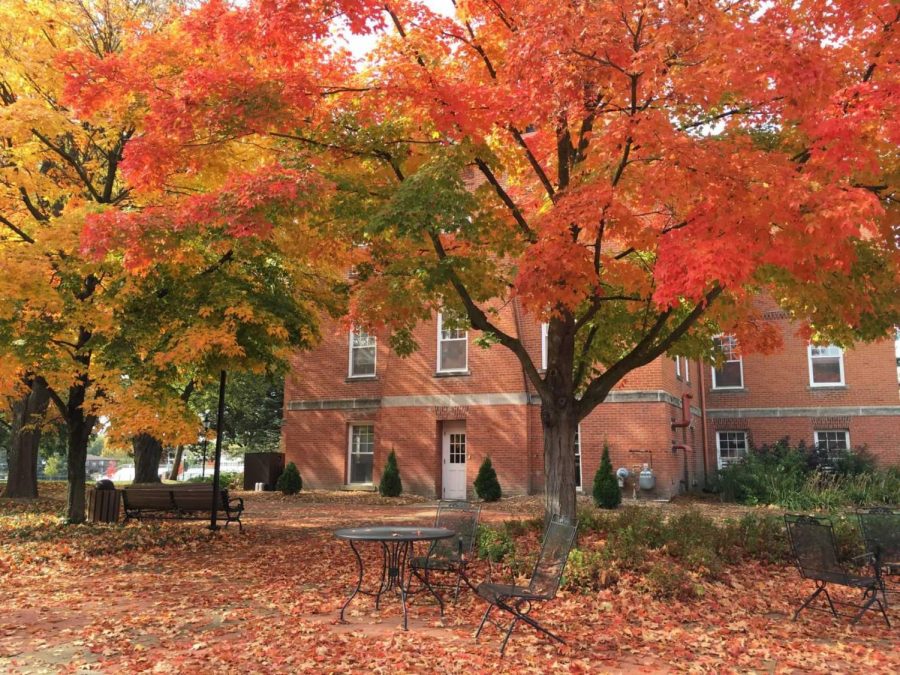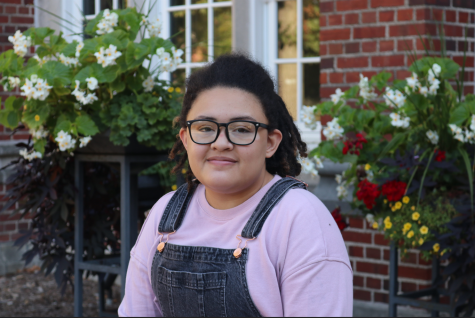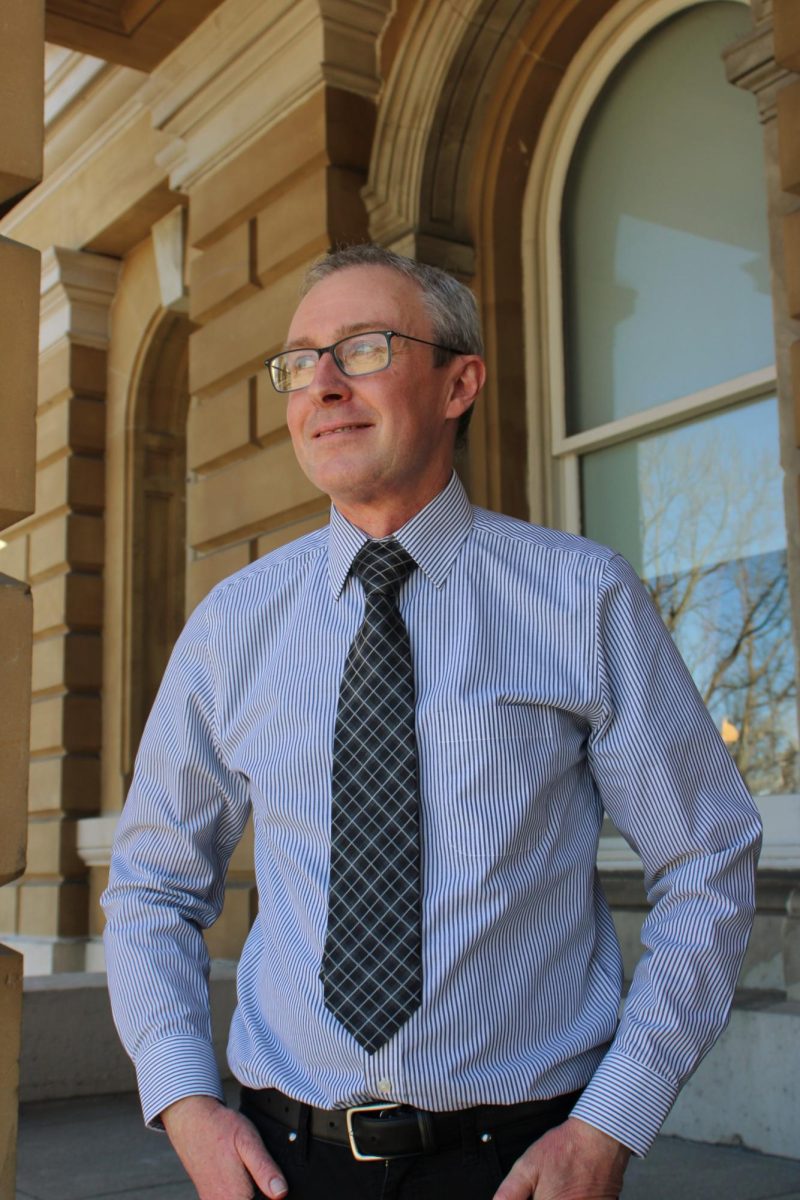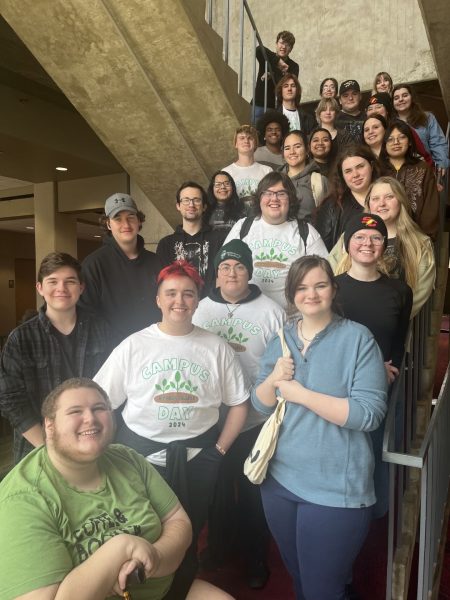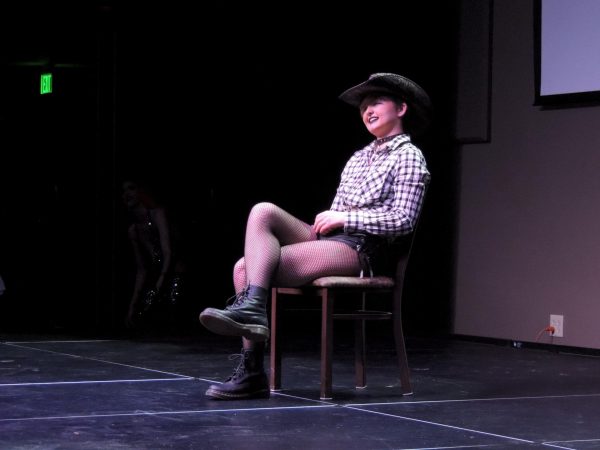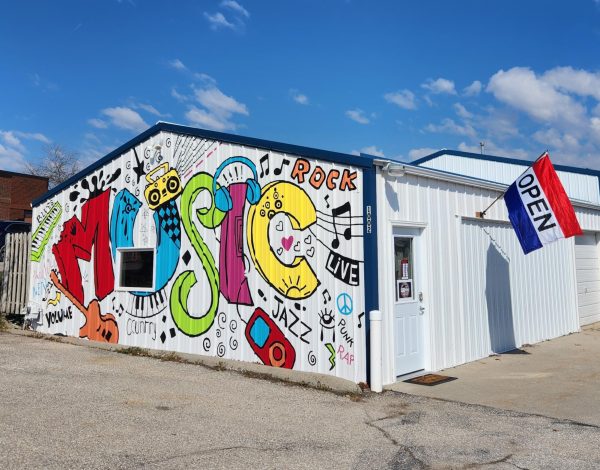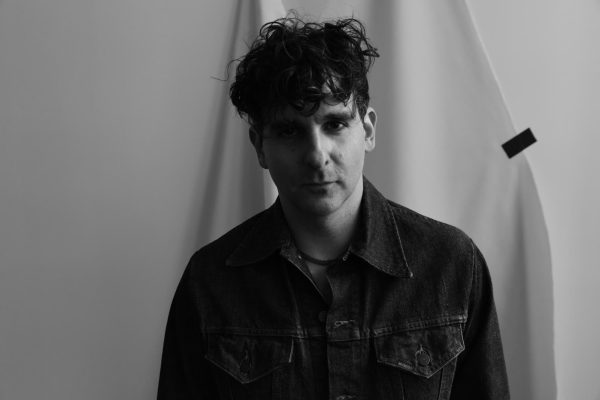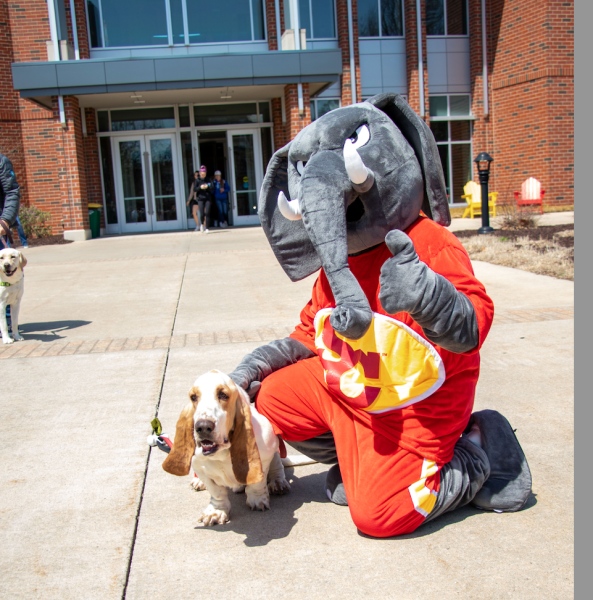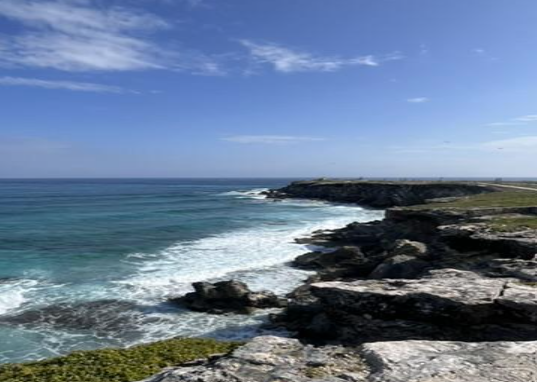Managing burnout and mental health with fall break cancellation
Fall is in full swing on campus.
October 14, 2020
Simpson College students will not have the usual fall break for the 2020-2021 year, raising concerns about managing mental health and burnout in Simpson students.
The year 2020 has brought and continues to bring outside challenges impacting students’ mental health. Fall break getting canceled raises concerns about how Simpson students will manage their mental health, as well as the risk of burning out before Thanksgiving break, which comes Nov. 25. With World Mental Health Day passing Oct. 10, these concerns became especially poignant.
According to counselor Katy Griner, breaks–such as seasonal and holiday breaks, in the case of students–have varying levels of importance depending on the person, but they can generally help with managing burnout.
“Breaks in general, especially in stressful situations, are a good preventative for burnout,” Griner said. “That is often the sort of purpose of breaks: to recharge batteries and help people get through the rest of the term after the break by having a little spot where we know we experienced less stress in less stressful environments.”
According to Griner, burnout refers to when a person is in a constantly stressed state. This can have various effects on a person’s life, such as focus, attention, memory, motivation and sleep. Griner emphasized burnout impacting people differently, and in the same way, the timing of breaks can depend on the individual person.
“If someone is getting burnt out midway through the semester, and their battery is draining,” Griner said, “Then if they don’t have a break, and they don’t step away, they may have a harder time making it through successfully the rest of the semester. We’re all in a constant stress state and just in the world right now, but if someone is doing well, they may be able to push it back to Thanksgiving and sort of bulk their break at the end because their battery isn’t going to run out until November.”
Overall, Griner advises students to check-in on themselves, their roommates and their friends. This is generally important, but it is especially important with the added health, political and education stress.
“This is a good semester to be checking in with ourselves maybe more often than we’re used to doing,” Griner said. “If you think about your gas tank in your car, you don’t want to be stranded on the side of the road. So it’s important to watch your gas gauge and see when you’re getting low and fill up before you get empty. We’re in the same place emotionally this semester, and we need to be paying attention to our gauge so that we don’t run all the way out.”
All enrolled students have access to free counseling on campus, which will be teletherapy via Zoom this semester. According to Griner, it will be secure, as rooms for healthcare have different security levels than standard rooms to maintain privacy. Scheduling can be done by emailing counseling services at [email protected] or by calling 641-961-1332. If there are environmental concerns, such as having a roommate, then spaces can be reserved in Kent for students to use Zoom.



